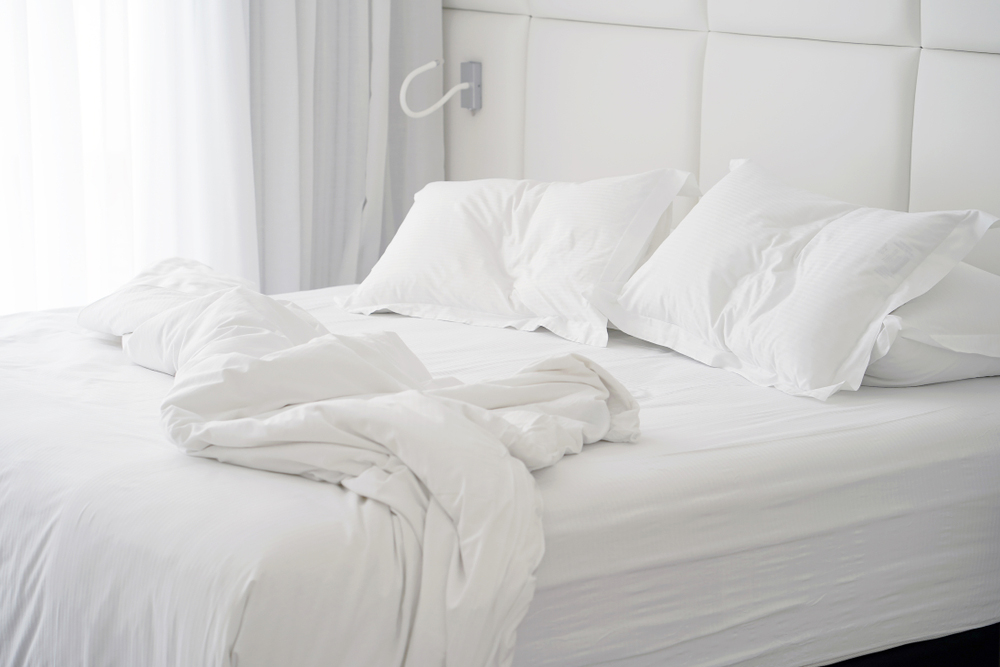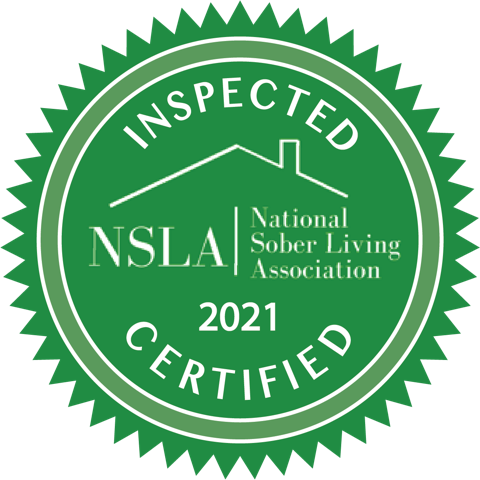Chronic sleep deprivation is a widespread health issue among American adults, but insomnia is a particular struggle for people in early recovery. Tossing and turning all night can leave you feeling cranky and lethargic the next day, but when it happens routinely, it will start impacting your well-being and overall health. Here are some tips to help you overcome your insomnia in the early stages of recovery.
1. Work With Your Circadian Rhythms
While you might tell yourself you can get by on less than the recommended seven to nine hours per night, your body won’t let you get away with it. Eventually, your physical and mental health will suffer. Making matters worse, it’s impossible to catch up on sleep, which means many people lose out night after sleepless night.
Disrupted sleep patterns are among the plethora of health problems arising from long-term substance abuse. Once you are sober, it’s imperative to work toward restoring a healthy sleep-wake cycle. Since your body’s clock relies on natural light to self-regulate, you can do the same thing with the lighting in your home. When it’s time to start winding down in the evening, start dimming the lights. To feel more alert in the morning, use bright lighting. You can also manage your body clock by keeping a consistent sleep schedule.
2. Avoid Blue-Screen Light
Most people rely on smartphones and laptops for work and leisure, but if you’re trying to overcome insomnia, make your bedroom a tech-free zone. These devices give off a blue light that suppresses the production of melatonin, a hormone that influences circadian rhythms. Too much light at night can trick your body into thinking it’s daytime, making you more alert at a time when you should be resting.
3. Create a Bedtime Ritual
Chronic insomnia can make the idea of falling asleep seem like a chore. Try developing a soothing pre-bed routine that helps calm you down and relaxes your body and mind. Whether you prefer drinking a cup of herbal tea, meditating, listening to white noise, having your partner read to you or practicing gentle stretches in your bed, you can look forward to the end of your day instead of being anxious about lying awake all night.
4. Get More Exercise
Physical activity is another way to reset your sleep-wake cycle and overcome insomnia. Get at least 30 minutes of moderate to high-intensity exercise every day, at least three to four hours before bedtime. Though issues like depression or chronic fatigue can make it more difficult to muster up the energy to maintain a fitness routine, you won’t regret establishing a daily exercise habit once you start seeing the benefits.
How to Reestablish a Healthy Pattern
If you have gone many years without good sleep hygiene, it may take some time and patience to find solutions that help you overcome insomnia and get back into a healthy routine. Remember, addiction recovery is about changing your lifestyle for the better. Don’t hesitate to try new things if you think they will benefit you in the long run.
When you are truly ready to commit to your sobriety, Still Waters is here for you. At our gender-specific campuses in Tennessee, we offer a unique program based solely on the 12-step recovery model and the spiritual teachings surrounding it. Here, you will find compassion, solidarity and hope. If traditional addiction treatment programming has not succeeded for you, or if you are interested in a more in-depth approach to 12-step healing, contact us today.





